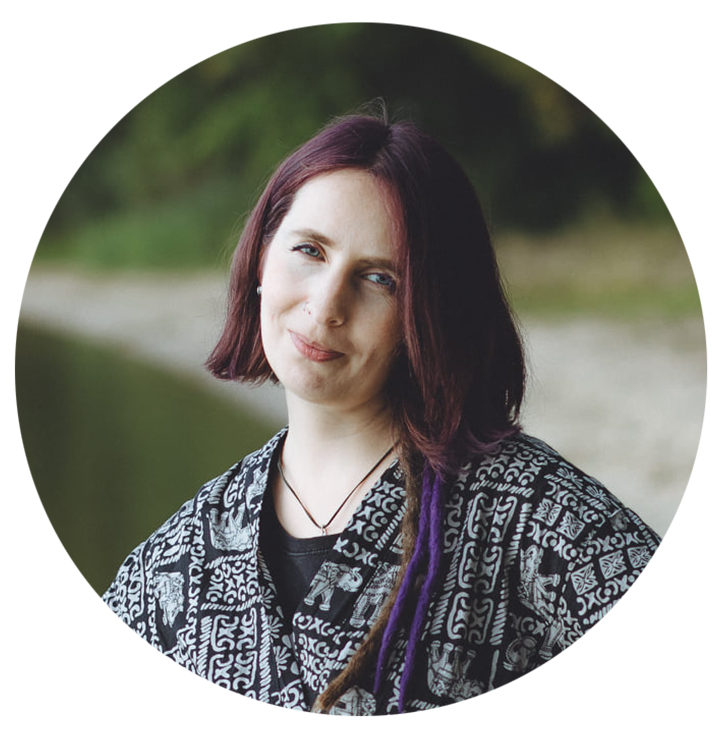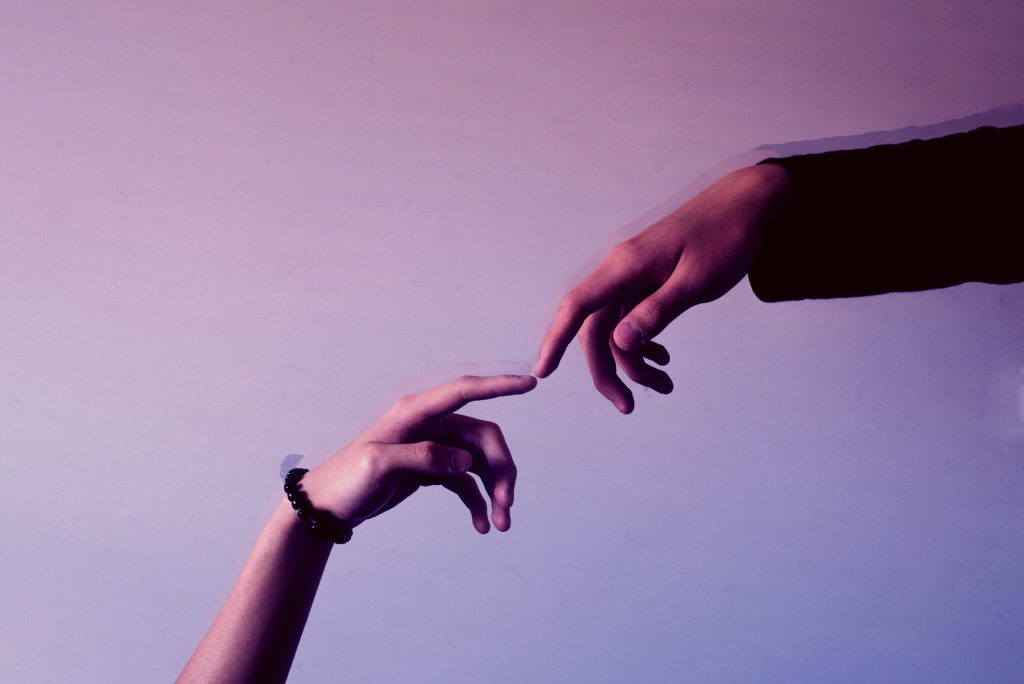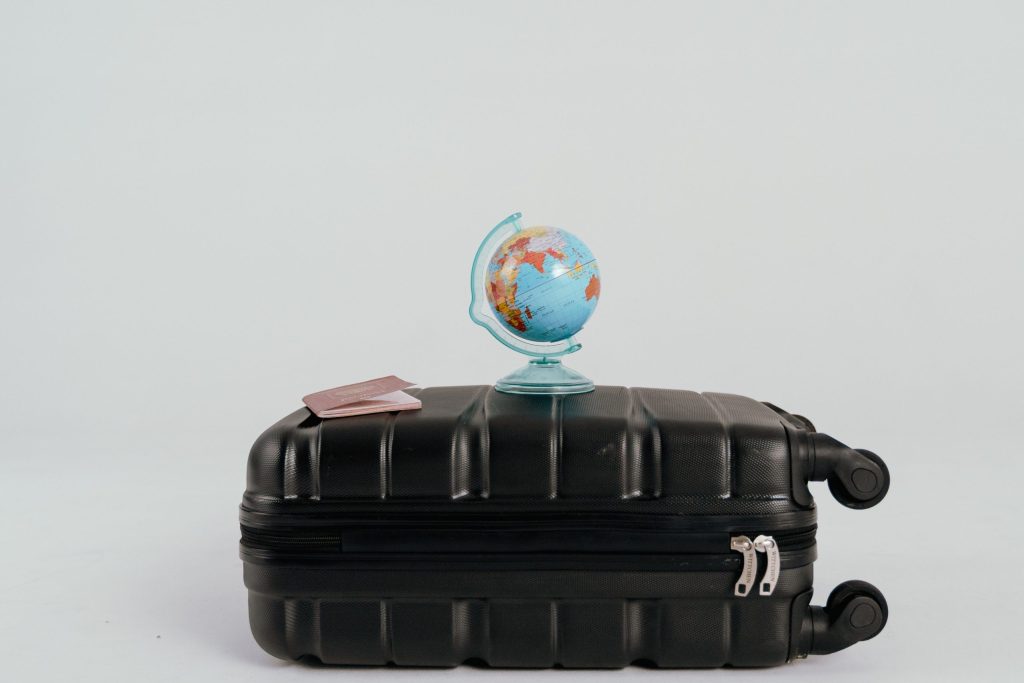Why at the critical moments (or at the time of military conflicts) the topic of ethnicity or passport-based differences comes to prominence? Can it be seen as discrimination? And how each and every one among us can stop it?
Discrimination: what is it all about and is it also about us?

– There is the International Convention on the Elimination of All Forms of Racial Discrimination, CEDAW (Convention on the Elimination of All Forms of Discrimination against Women) and other relevant documents, each attempting to define the term ‘discrimination,’ – says Nasta Lojka. – Yet, all the terms are very much alike in that they indicate at certain differences, exclusions or limited advantages based on this or that attribute.
Some people are advantaged more, only because others possess a discriminatory attribute. There are some attributes, which have caused discrimination for hundreds of years, such as gender, ethnicity, sexual orientation, language, etc.
In certain situations, the attributes may differ; for example, men or white persons can be disadvantaged or discriminated against, depending on the context and environment.
However, what really matters is that in case of discrimination someone is advantaged with no rational justification.
There are three discrimination levels:
State, social and grassroot ones
The state-level discrimination is always related to the human rights. For example, when we say that our neighbours have been connected to the Internet, but not us, this is not about discrimination.
Discrimination is perennially linked to infringing on a right. By way of an instance, the right to education. For example, in Russia the Roma children are not eligible for education over and above the primary school level only due to their ethnic origin.
The human rights reflect the state-participated vertical relationships. That being said, they describe the relations ‘a human being vs the state,’ only, and never ‘a human being vs a human being.’
The human rights
They represent an inalienable possession of all the people with no differences whatsoever based on their race, skin colour, gender, language, religion, ethnic or social origin, or any other aspect.
The human rights include the right to life and freedom, freedom of slavery or torture, freedom of convictions and their unrestrained expression, right to work and education and many more. These rights should be enjoyed by all the people without any discrimination.
– Today so far, I see no signs of discrimination caused on behalf of the states and governments, – says Belarusian human rights activist Nasta Lojka. – Most politicians comprehend the situation.
Although quite recently we have received an application that due to the Ukraine war people carrying non-Ukrainian passports were denied emigration, access to transportation, etc. And this marks a violation, because people carrying various passports, the Belarusians included, have been fleeing the war. It is an indication of infringing upon the right to seek an asylum against persecution in other countries and to use such an asylum (Article 14 of the Universal Declaration of Human Rights).
What we have now is a lot of insults: people are no longer rented flats or discharged from their jobs, if they carry a Belarusian or a Russian passport. All these events happen at a grassroot level.
What indeed matters about the grassroot discrimination is how the government authorities react to such cases, whether they adhere to the legal frameworks, and so on.

Why does the grassroot discrimination happen?
The matter lies beyond the legal field and belongs rather to the sphere of psychology and biology.
People have a part of reptiloid brain (a very ancient one), which reacts to all the unknown or incomprehensible things. And so, when seeing something shocking for us, our ‘hit, freeze or run away’ reaction is activated automatically, each one of us opting for something of her or his own choice. It is something that we are unable to change.
Therefore, one simply has to admit that we as humans just do have this part, and when feeling disgust to some persons outdoors in the streets, we should ask ourselves the question: “What does it relate to?”
For example, such is the common reaction to homeless people or Roma-like persons. When asking ourselves the question, we are looking for the answer: whether the matter is in these people or whether stereotypes and generalisations are prevailing in our inner selves?..
In such cases, it is crucial to engage in a rational dialogue with ourselves – and to bring back the reptile part into the control area, because otherwise we could make some decisions or undertake aggressive actions vis-à-vis these people only due to this brain part activation. In this way, all the later centuries of evolution processes coming about in our rational part will be set to surrender.
What is happening now?
– The way I see it, the people nowadays are going through a very serious mental transition, since we all are subject to a stress, anguish, anger and aggression, which we are unable to speak out to the one who is to blame.
We are all aware of who the culprit is: it is the country president who has attacked with no legal argumentation another state. However, any pro-active aggression is condemned and repressed. Although we as common folks can do nothing either with the army, or with the president, or with those delivering criminal orders.
This is why the people discharge their pain against those who can be reached.
And now these are people carrying the Russian and Belarusian passports
One more factor influencing the grassroot discrimination now is the low awareness. The world was aware of what was happening in Belarus in 2020, but it is mainly the Belarusians who know what happened later.
This is why people in other countries might be ignorant about the repressive campaigns going on in Belarus today: how going out for a demonstration is punished, what tortures are applied in prisons, and why Belarusians flee their own country.
Quite often, when denying a flat rent, you might hear: “Go and do something to your regime.” Yet, it is not a possibility. The people have sacrificed their efforts, time and health, but they did not achieve it; and when persecutions started, they simply had to flee in order to survive.
Obviously, the problem lies in the Belarusian authorities, which are supporting the Putin regime. However, the responsibility must not be transferred to the rank-and-file Belarusians, who have been doing their best for two years to rid Belarus of oppression.
On the one hand, I am angered by the situation, but, on the other hand, I understand the people, because they are panicking, subject to fear and are unable to evaluate rationally the situation.
This is exactly the focus where I see a challenge for the Belarusian people who are now living abroad: speaking about the situation, about the Belarusian peculiarities and why the Belarusian authorities are behaving this way, why nothing can be changed now and why our voices or votes do not matter at all.
Yet, the way I see the things, in a couple of weeks the stress-loaded situation among the people abroad will somewhat subside and they will be in a position to treat more rationally the people who bear the Belarusian or Russian passports.

How we all could put an end to the grassroot discrimination?
One might even shortlist the actions that each and every one of us should keep in mind and undertake in order to overcome the grassroot discrimination:
- Don’t judge the whole nation based on one person.
- Don’t judge a human being based on her or his passport.
- Ask the people about their true-life stories (and their positions).
- Spread information on what has been and still is happening in Belarus.
- Do whatever depends on you.
- Take care of yourself, because without you the work you can do will not be done.
- Look around for the values or communities that are close to you and where you can discuss what is going on and get some support.
- If you have opportunities available and efforts to exert, engage in pro-active actions, like volunteering, helping the refugees or going out for street actions; the main thing is that such activities should also provide support to you.
- Otherwise, draw up petitions or send letters to the state authorities, which is also important and safer than going to a demonstration.
- Never foster the development and cultivation the feeling of guilt. One can only speak out her or his feelings, but never generalise them to cover just everybody around.
More globally, we are not in a position to influence the situation, because it is pointless now to commit acts of self-immolation or to jump under tanks. It is a much better idea to do something creative.
Besides, I do believe that apart from demonstrations in Belarus, which are very dangerous for human lives, there are many other things available, too, like strikes, petitions, appeals, volunteering and so on and so forth.
21 March
The day against racial discrimination
The United, the European Association against Nationalism, Racism, Fascism and in Support of Migrants, initiates on an annual basis several topical weeks. For 7 years, the Belarusian human rights activists representing various organisations or initiatives have been taking part in two among them: Against Fascism and Anti-Semitism (in November) and Against Discrimination (in March).
Between the 14th and the 23rd of March, Belarus holds the Week of Educational Actions for Equality and Inclusion. It is dedicated to the Day against Racial Discrimination celebrated on the 21st of March.
Nonetheless, this year, due to the events unfolding currently in Ukraine, the paramount values mentioned now are also Peace/ Equality. Human Rights.
This year, the Week in Belarus is initiated by the human rights team Human Constanta. It has been joined by the Belarusian Helsinki Committee, the Ekadom, the Paroŭnu Youth Trainer Network, and the More Body and OtherI initiatives.


